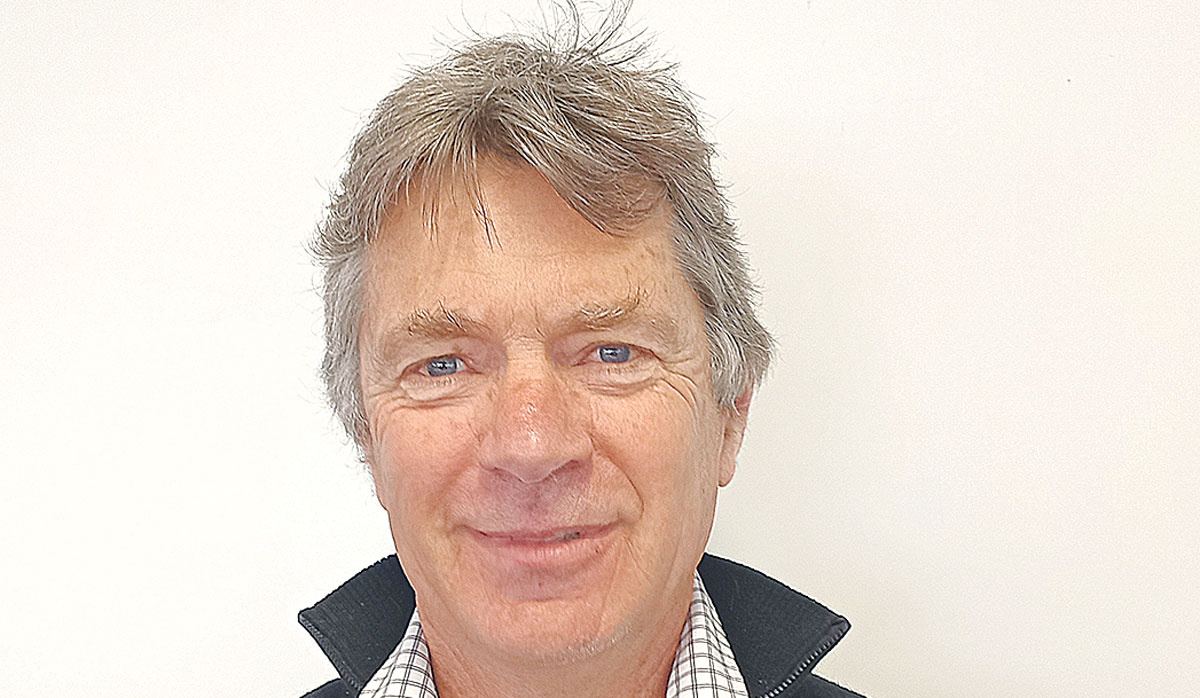Managing Magnesium, Calcium, and Phosphorus in Late Lactation Dairy Cows
OPINION: Late lactation is often viewed as a low-demand phase, when cows are winding down, and we dial down our supplements accordingly.
Summer challenges dairy farming in unique ways. Heat stress, paired with changes in pasture quality can affect milk composition and overall productivity.
However, an often overlooked solution is targeted mineral supplementation, which offers a pathway to maintaining milk quality and profitability through the warmer months.
Why milk quality suffers in summer
As the temperature rises, cows experience heat stress, leading to reduced feed intake, dehydration, and nutrient imbalances. Summer pastures can lack the mineral density found in cooler seasons, affecting essential nutrients cows depend on for milk production. These nutrient gaps often lead to drops in milk yield and changes in composition, particularly in protein and fat content, directly impacting the milk’s quality and, by extension, farmers’ incomes.
While other practices like strategic grazing and shade provision can support cow comfort, mineral supplementation addresses these challenges at a fundamental level, helping to keep the herd resilient under stress.
Ca and Mg for metabolic health
Calcium and magnesium play significant roles in maintaining milk quality. Calcium is essential for milk production and muscle and nerve function. During summer, calcium helps cows remain active, supporting regular feed and water intake – both important for consistent milk output.
Magnesium is necessary for energy production and supports good nervous system function and other key metabolic processes that can come under increased strain during heat stress. Supplementing during this time can improve milk production and composition.
Mineral supplementation should be viewed as a protective measure that helps dairy cows cope with the season’s demands.
Small amounts, big impact
In addition to calcium and magnesium, trace minerals like zinc, selenium, and copper are essential for maintaining milk quality during summer. Zinc supports skin and hoof health, which is vital in summer as cows are more active and may spend more time standing.
Selenium and iodine work together to offer antioxidant properties. These elements combat oxidative stress caused by high temperatures. Heat stress particularly impacts liver function, and selenium and iodine are key to maintaining good liver health during stress periods. Copper is important for immune function. Without good nutritional support, immune function will take a hit when the animal is under heat stress.
Zinc, in particular, has been linked to reproductive health, making it beneficial for autumn calving mobs. A healthy immune system, supported by these trace minerals, also directly affects milk quality. Cows that are resilient to heat-related illnesses can better maintain milk protein and fat levels. By integrating zinc, selenium, and copper into summer mineral plans, you’ll provide cows with the foundation for optimal milk composition.
One trace element often overlooked but important during heat-stress conditions is chromium. Trial work has repeatedly shown that chromium in the correct form is particularly important in mitigating heat stress.
 |
|---|
|
Chris Balemi |
Timing and type
When it comes to mineral supplementation, timing and formulation matter. Research shows organic mineral forms offer higher bioavailability, meaning cows absorb them more efficiently than inorganic options. With organic forms, cows benefit more from each dose, making them more cost-effective.
Starting your supplementation plan early is also beneficial. Introducing these minerals before peak summer helps cows build nutrient stores that they’ll draw on as temperatures rise.
Economic benefits
The economic case for mineral supplementation is clear: it is very cost-effective to identify the risk of heat stress early and take action before it takes a toll on your livestock.
Left untreated, heat stress can interfere with rumen function, increase lameness and empty cow rates, and reduce immunity and production.
A strong mineral programme can help protect herd health, and a good supplementation strategy offers stability in what can otherwise be an unpredictable time of the season.
Chris Balemi is the managing director of Agvance Nutrition.
Global trade has been thrown into another bout of uncertainty following the overnight ruling by US Supreme Court, striking down President Donald Trump's decision to impose additional tariffs on trading partners.
Controls on the movement of fruit and vegetables in the Auckland suburb of Mt Roskill have been lifted.
Fonterra farmer shareholders and unit holders are in line for another payment in April.
Farmers are being encouraged to take a closer look at the refrigerants running inside their on-farm systems, as international and domestic pressure continues to build on high global warming potential (GWP) 400-series refrigerants.
As expected, Fonterra has lifted its 2025-26 forecast farmgate milk price mid-point to $9.50/kgMS.
Bovonic says a return on investment study has found its automated mastitis detection technology, QuadSense, is delivering financial, labour, and animal-health benefits on New Zealand dairy farms worth an estimated $29,547 per season.
OPINION: Staying with politics, with less than nine months to go before the general elections, there’s confusion in the Labour…
OPINION: Winston Peters' tirade against the free trade deal stitched with India may not be all political posturing by the…